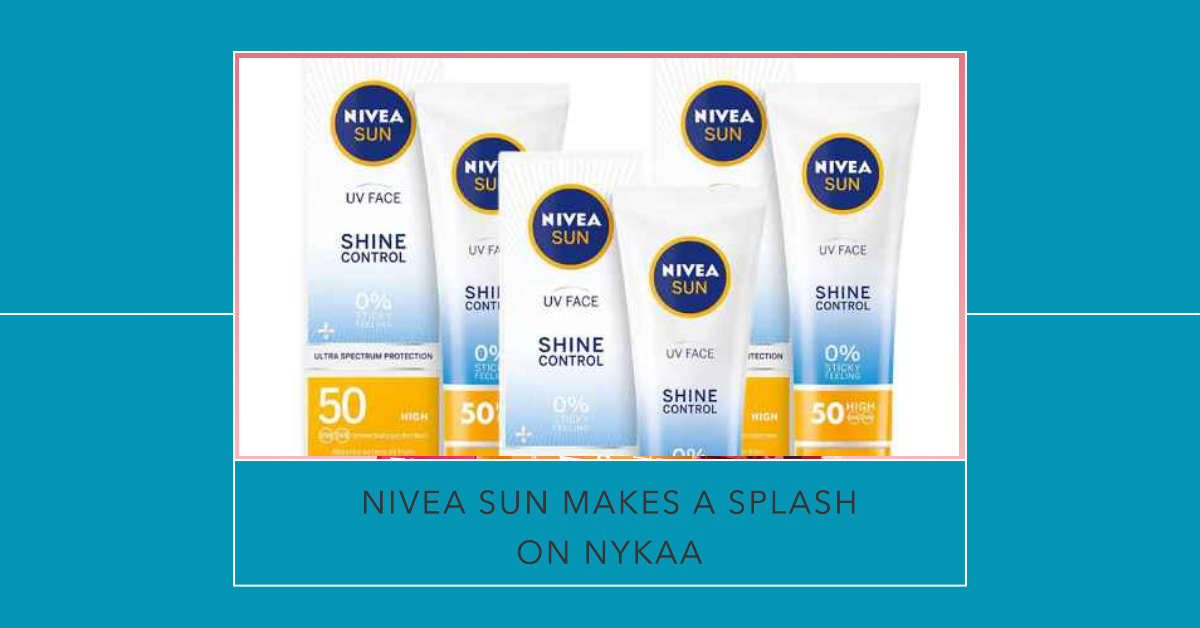Alpha arbutin has become a popular ingredient in skincare products, particularly those targeting hyperpigmentation and dark spots. But with its growing trendiness, a crucial question arises: is alpha arbutin safe for everyone? This article delves into the safety profile of alpha arbutin, exploring potential side effects and precautions to consider for various skin types, with product recommendations.
In This Article
What is Alpha Arbutin?
Alpha arbutin is a naturally occurring compound found in plants like bearberry and cranberries. In skincare, it functions as a tyrosinase inhibitor. Tyrosinase is an enzyme that plays a key role in melanin production. By inhibiting this enzyme, alpha arbutin helps reduce melanin formation, leading to a lightening effect on the skin (1).
Safety of Alpha Arbutin for Most Skin Types
The good news is that alpha arbutin is generally considered safe for most skin types when used at recommended concentrations. The Scientific Committee on Consumer Safety (SCCS) in the European Union has deemed alpha arbutin safe for use in face creams up to 2% and body lotions up to 0.5%.
Studies suggest that alpha arbutin is well-tolerated, with a low risk of irritation compared to other skin-brightening ingredients like hydroquinone. This makes it a potentially gentler alternative for those with sensitive skin.
Potential Side Effects of Alpha Arbutin
However, even with its generally safe profile, alpha arbutin can cause some side effects in a small percentage of users. These side effects are usually mild and temporary, but it’s important to be aware of them.
1. Skin Irritation:
While uncommon, alpha arbutin can cause mild irritation, especially in individuals with sensitive skin. Signs of irritation may include redness, dryness, or a tingling sensation.
2. Allergic Reaction:
Although rare, allergic reactions to alpha arbutin can occur. Symptoms may include itching, swelling, and burning at the application site. If you experience any of these, discontinue use and consult a dermatologist.
3. Sun Sensitivity:
Since alpha arbutin works by reducing melanin production, it can theoretically increase sun sensitivity. Consistent sunscreen use with SPF 30 or higher is crucial when using alpha arbutin products.
Precautions for Using Alpha Arbutin
Here are some essential precautions to consider when incorporating alpha arbutin into your skincare routine:
1. Start Slow:
If you’re new to alpha arbutin, begin by using it once or twice a week and gradually increase frequency as your skin tolerates it.
2. Patch Test:
Before applying any new product to your face, conduct a patch test on a small area of your inner arm. Monitor the area for 24 hours for any signs of irritation.
3. Moisturize:
Alpha arbutin can sometimes be drying. Pair it with a gentle, fragrance-free moisturizer to maintain skin hydration.
4. Sun Protection is Key:
As mentioned earlier, consistent and diligent sun protection with SPF 30 or higher is paramount when using alpha arbutin to minimize sun sensitivity.
Alpha Arbutin for Specific Skin Types
1. Sensitive Skin:
While generally well-tolerated, those with sensitive skin should exercise extra caution with alpha arbutin. Patch testing is crucial, and starting with a lower concentration (around 1%) is recommended.
Product Recommendation:
Minimalist Alpha Arbutin 2% + Hyaluronic Acid Serum: This lightweight serum combines alpha arbutin with hydrating hyaluronic acid, making it suitable for sensitive skin.
La Roche-Posay Toleriane Sensitive Fluide: It is a lightweight, fragrance-free moisturizer that is gentle on even the most sensitive skin. It helps to hydrate and soothe the skin, and it can also be used as a makeup primer.
2. Dry Skin:
If you have dry skin, look for alpha arbutin serums or formulations that contain hydrating ingredients like hyaluronic acid or ceramides.
Product Recommendation:
MamaEarth Alpha Arbutin Serum with Vitamin C: This serum combines alpha arbutin with vitamin C, another brightening ingredient, and hyaluronic acid for added hydration.
St Botanica Alpha Arbutin + Vitamin C + Hyaluronic Acid Serum: This fragrance-free serum offers a similar combination of brightening and hydrating ingredients.
3. Oily Skin:
Alpha arbutin is generally suitable for oily skin types. However, if you experience increased oiliness, consider using a lightweight, oil-free alpha arbutin serum.
Product Recommendation:
Niacinamide 10% + Zinc 1% with Alpha Arbutin 2% by The Ordinary: The Ordinary’s Niacinamide + Zinc + Alpha Arbutin combines brightening and blemish-fighting ingredients. Niacinamide reduces redness and controls oil, while zinc combats breakouts and alpha arbutin targets dark spots. This fragrance-free serum is suitable for most skin types, but a patch test is recommended.
4. Pregnant or Breastfeeding:
There isn’t enough research to confirm the safety of alpha arbutin during pregnancy or breastfeeding. It’s best to consult with a healthcare professional before using alpha arbutin products during these times.
Key Takeaway
Alpha arbutin offers a promising option for brightening the skin and addressing hyperpigmentation concerns. However, understanding its safety profile and potential side effects is crucial for informed use. By following the recommended precautions and considering your specific skin type, you can maximize the benefits of alpha arbutin while minimizing any potential risks. Remember, if you have any concerns, always consult your dermatologist for personalized advice.











